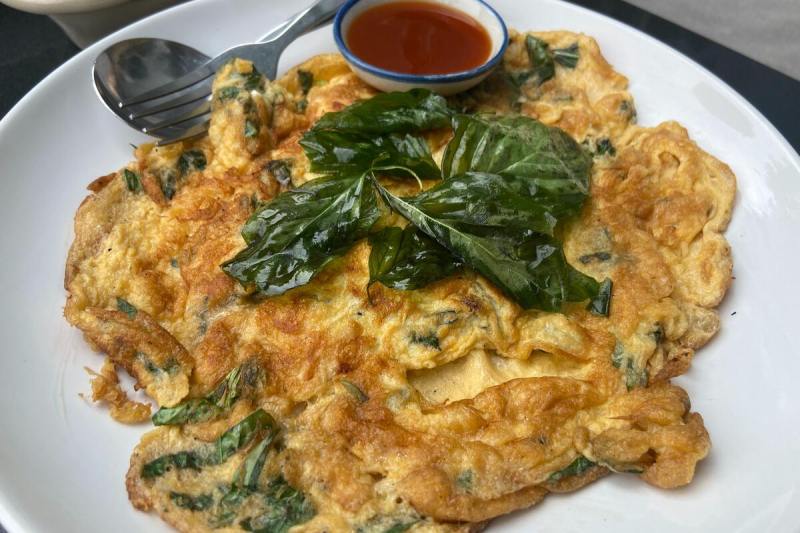
The anti-inflammatory diet has been gaining popularity over the last few years as a way to reduce inflammation and promote overall health. With chronic inflammation linked to conditions like heart disease, diabetes, and autoimmune disorders, finding ways to control inflammation is becoming more critical. But is the anti-inflammatory diet just a fad, or is it worth considering?
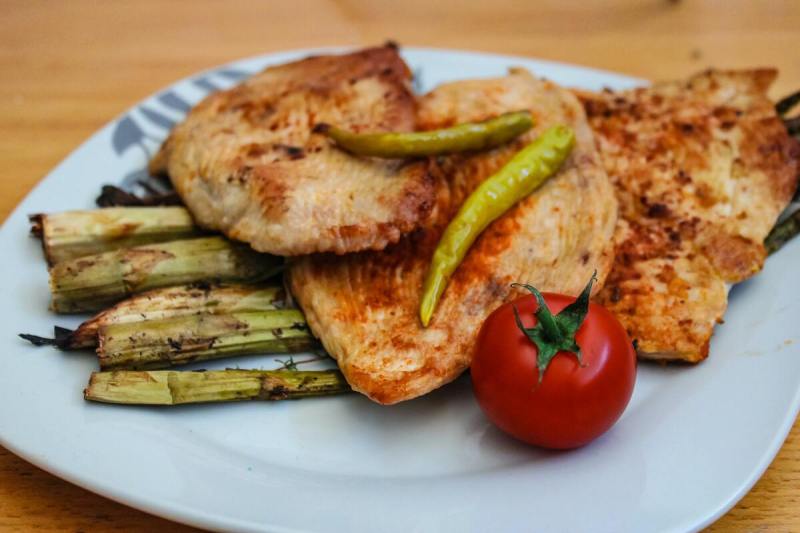
What is the anti-inflammatory diet?
The anti-inflammatory diet focuses on eating foods that help reduce inflammation in the body and avoiding foods that promote inflammation. The diet emphasizes fruits, vegetables, lean protein, whole grains, nuts, seeds, spices, and healthy fats like olive oil.
Foods like refined carbohydrates, fried foods, red and processed meats, and added sugars are restricted as they can trigger inflammation. The principles of the Mediterranean diet and the DASH diet are foundational to the anti-inflammatory diet.
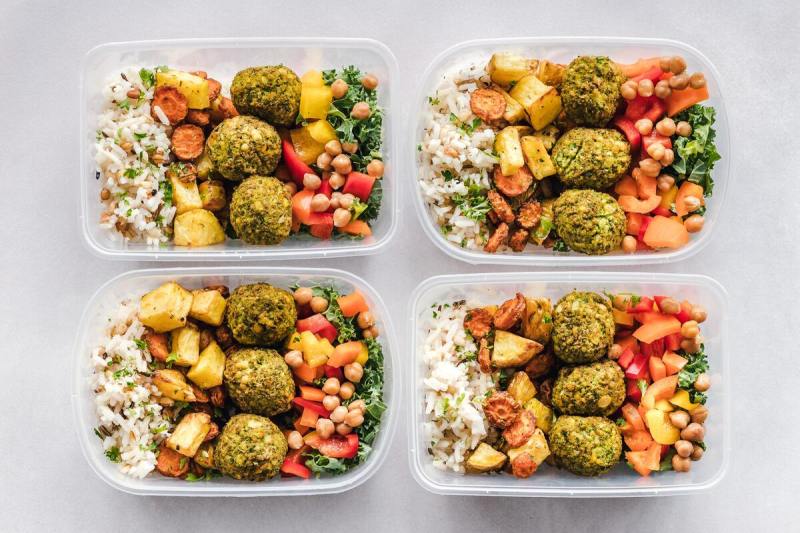
What are the benefits of the anti-inflammatory diet?
It may reduce the risk of chronic illness
An anti-inflammatory diet rich in fruits, vegetables, and anti-inflammatory fats has been associated with a lower risk of heart disease, diabetes, cancer, and autoimmune disorders. In large population studies, eating patterns like the Mediterranean diet that emphasizes produce, seafood, plant oils, and whole grains show cardiovascular benefits and longevity. The anti-inflammatory properties of these healthy foods could be the driver behind reduced chronic disease risk.
Supports gut and immune health
The anti-inflammatory diet includes many prebiotic foods like onions, garlic, bananas, and oats that support healthy gut bacteria. A healthy and diverse gut microbiome helps control inflammation and improves immunity against pathogens. Diets lacking in plant fiber and diversity are linked to higher inflammation and disease risk.
It may improve arthritis and mental health
Early studies suggest anti-inflammatory diets could benefit mental health conditions like depression and anxiety that are linked to underlying inflammation.
For individuals with rheumatoid arthritis, closely following an anti-inflammatory diet is associated with reduced symptoms like tender and swollen joints compared to a regular diet. Less inflammation could lessen arthritis flares.
Promotes weight loss
Emphasizing produce, lean protein, and whole grains over processed foods can help with losing weight, especially belly fat. Reducing inflammation also helps regulate metabolism, appetite hormones, and blood sugar levels that manage weight. The high fiber and protein content provide satiety as well.
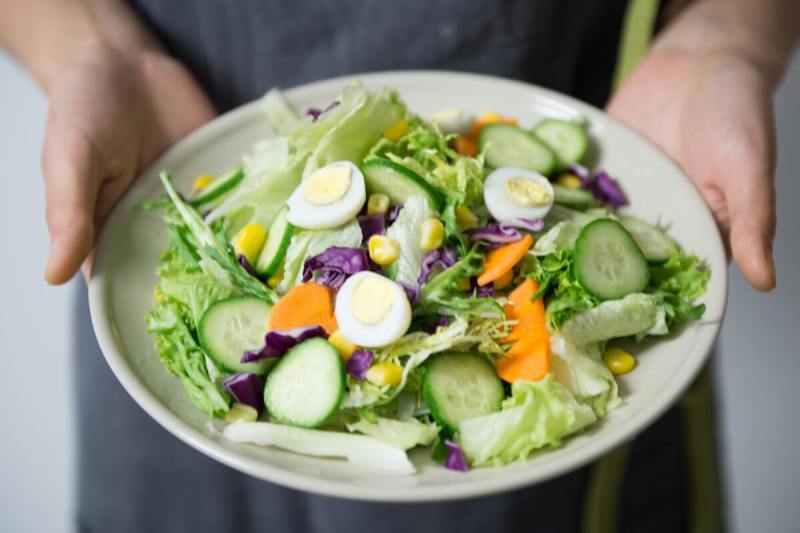
What can you eat on this diet?
Fruits, vegetables, whole grains, healthy proteins, and fats form the foundation of the anti-inflammatory diet, as they are amazing anti-inflammatory foods. Here is more guidance on what to eat.
- Fruits: You can eat all fruits on the anti-inflammatory diet, but focus mainly on berries, citrus fruits, cherries, apples, grapes, mangoes, and pineapples for their high antioxidant content. Have fruits with meals, as snacks, or for dessert.
- Vegetables: Aim for variety, eating different colors of vegetables. Get plenty of leafy greens like spinach, kale, lettuce, and Swiss chard, as well as broccoli, cauliflower, mushrooms, tomatoes, bell peppers, and squash. Fresh, frozen, or steamed veggies are great options.
- Grains: Choose whole grains like oats, brown rice, buckwheat, barley, quinoa, and bulgur wheat instead of refined grains, which are more inflammatory. Use whole grains in cereal, salads, sides, and main dishes.
- Proteins: Incorporate omega-3-rich proteins like salmon, sardines, mackerel, tuna, trout, and herring. Also, eat plant proteins like beans, lentils, chickpeas, tofu, and tempeh. Enjoy eggs, poultry, yogurt, and cheese in moderation. Limit red meat.
- Fats: Use olive oil, avocado oil, walnut oil, and flaxseed oil for cooking and dressings. Eat avocados, nuts, seeds, and nut butters in moderation. Avoid trans and saturated fats.
- Beverages: Drink plenty of water, herbal tea, seltzer or infused water, coffee, and tea in moderation. Limit sugary drinks and juices which are high in sugar. A glass of red wine can provide antioxidants.

What foods are restricted on this diet?
These pro-inflammatory foods are restricted on the diet:
- Fried foods: Avoid fried items like French fries, potato chips, donuts, etc., which contain trans and saturated fats that promote inflammation.
- Processed carbs: Swap out white bread, pasta, cereals, pastries, muffins, and crackers for whole-grain options which won’t spike blood sugar.
- Processed meats: Limit processed meats such as bacon, sausage, and pork charcuterie which are high in saturated fats. Opt for leaner poultry, fish, and plant proteins.
- Added sugars: Cut back on refined sugars in soda, candy, baked goods, and other sweets that can cause inflammation and weight gain.
- Trans fats: Avoid trans fats found in some kinds of margarine, packaged foods, and fast food, which drive inflammation. Check labels.
- Excess alcohol: Limit alcohol to one drink per day for women and two for men. Too much alcohol increases inflammation.

Are there any possible adverse effects?
Like any diet change, transitioning to the anti-inflammatory diet can have some unwanted effects.
Potential side effects include the following:
It may be difficult to restrict favorite foods
Cutting out inflammatory foods like sweets, fried foods, and processed carbs can be challenging, especially if you are accustomed to eating them regularly. Work on slowly swapping them out for healthier anti-inflammatory options. Allow yourself occasional treats in moderation.
Can trigger digestive issues
Increasing high-fiber fruits, vegetables, and whole grains substantially can sometimes lead to gas, bloating, or diarrhea. Transition gradually to the diet, and be sure to drink plenty of water and be physically active to help your digestion adjust.
Not suitable for everyone
People with conditions like irritable bowel syndrome (IBS) or autoimmune diseases like celiac that require specialized diets should consult a doctor or dietitian before making major changes. The diet must be tailored to specific needs.
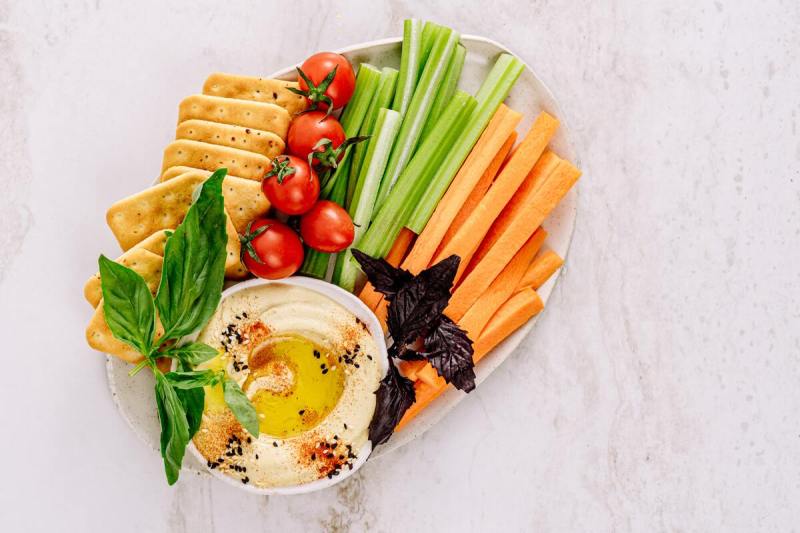
Example meal plan
Breakfast: Vegetable omelet with spinach and mushrooms, side of berries, coffee
Lunch: Kale salad with chickpeas, avocado, and lemon vinaigrette. Apple with nut butter
Snack: Carrots and celery with hummus, green tea
Dinner: Sheet pan-roasted salmon with Brussels sprouts and sweet potato
Dessert: Greek yogurt with cinnamon, sliced almonds, and honey
The anti-inflammatory diet is a nutritious and sustainable approach to eating that focuses on fighting inflammation with wholesome, nourishing foods. While no diet is necessarily a cure-all, the principles of the anti-inflammatory diet align with general advice to eat more plants and nutrient-dense foods while limiting processed items.
Evaluating your specific health needs and goals can help determine if switching to this diet in 2023 could be beneficial. As with adopting any new eating pattern, be sure to make changes slowly, give your body time to learn how to reduce inflammation, and focus on creating long-term habits that work for you.



